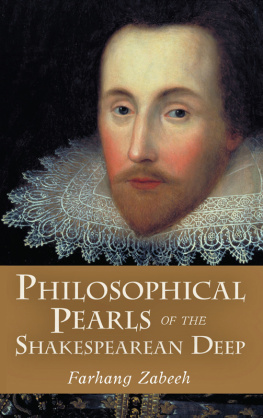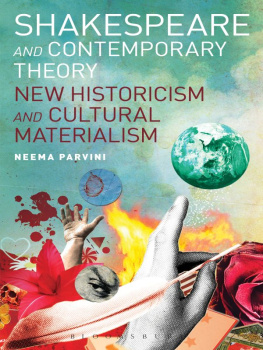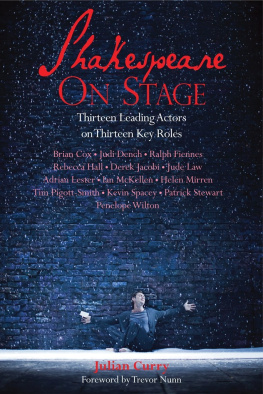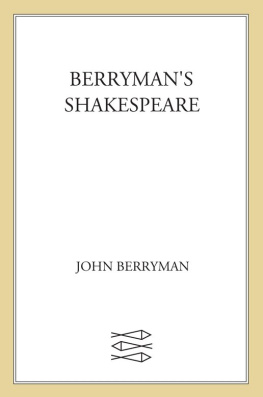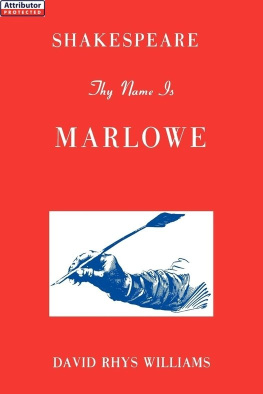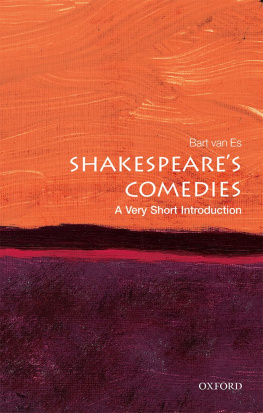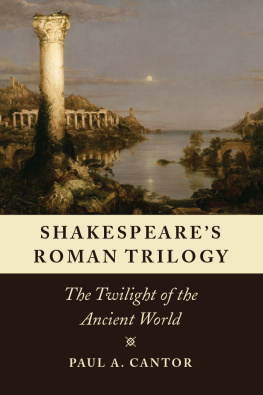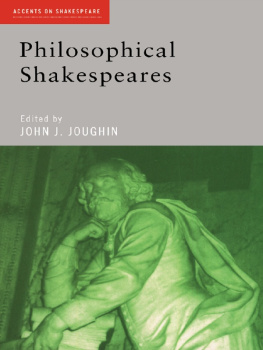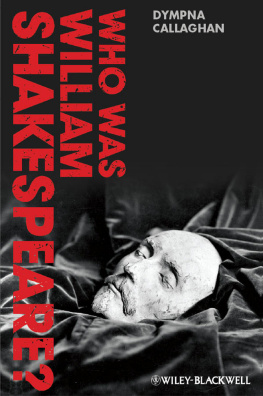Shakespeare William - Philosophical Pearls of the Shakespearean Deep
Here you can read online Shakespeare William - Philosophical Pearls of the Shakespearean Deep full text of the book (entire story) in english for free. Download pdf and epub, get meaning, cover and reviews about this ebook. City: Amherst;N.Y, year: 2013, publisher: Prometheus Books, genre: Science. Description of the work, (preface) as well as reviews are available. Best literature library LitArk.com created for fans of good reading and offers a wide selection of genres:
Romance novel
Science fiction
Adventure
Detective
Science
History
Home and family
Prose
Art
Politics
Computer
Non-fiction
Religion
Business
Children
Humor
Choose a favorite category and find really read worthwhile books. Enjoy immersion in the world of imagination, feel the emotions of the characters or learn something new for yourself, make an fascinating discovery.
- Book:Philosophical Pearls of the Shakespearean Deep
- Author:
- Publisher:Prometheus Books
- Genre:
- Year:2013
- City:Amherst;N.Y
- Rating:5 / 5
- Favourites:Add to favourites
- Your mark:
Philosophical Pearls of the Shakespearean Deep: summary, description and annotation
We offer to read an annotation, description, summary or preface (depends on what the author of the book "Philosophical Pearls of the Shakespearean Deep" wrote himself). If you haven't found the necessary information about the book — write in the comments, we will try to find it.
Offers many fresh insights that will give even longtime readers of Shakespeare a new appreciation of the great master.
Scholars have long debated the extent of Shakespeares education. Although his friend and admirer Ben Jonson said of him, thou hadst small Latine and lesse Greek, Shakespeares plays reveal a wide familiarity with literary and philosophical works from the Renaissance, the Middle Ages, and the classical age. Philosopher Farhang Zabeeh delves into this fascinating topic in this detailed study of the philosophical influences evident in Shakespeares plays and sonnets. Readers will be surprised and delighted to discover in Shakespeare unmistakable echoes of Plato, Aristotle, Cicero, Dante, Montaigne, and other famous thinkers. In one chapter, the author makes a convincing case that one of the bards most famous comic characters, John Falstaff, is a parody of Socrates. In other chapters, he demonstrates indirect references to Plato in Shakespearean passages...
Shakespeare William: author's other books
Who wrote Philosophical Pearls of the Shakespearean Deep? Find out the surname, the name of the author of the book and a list of all author's works by series.

